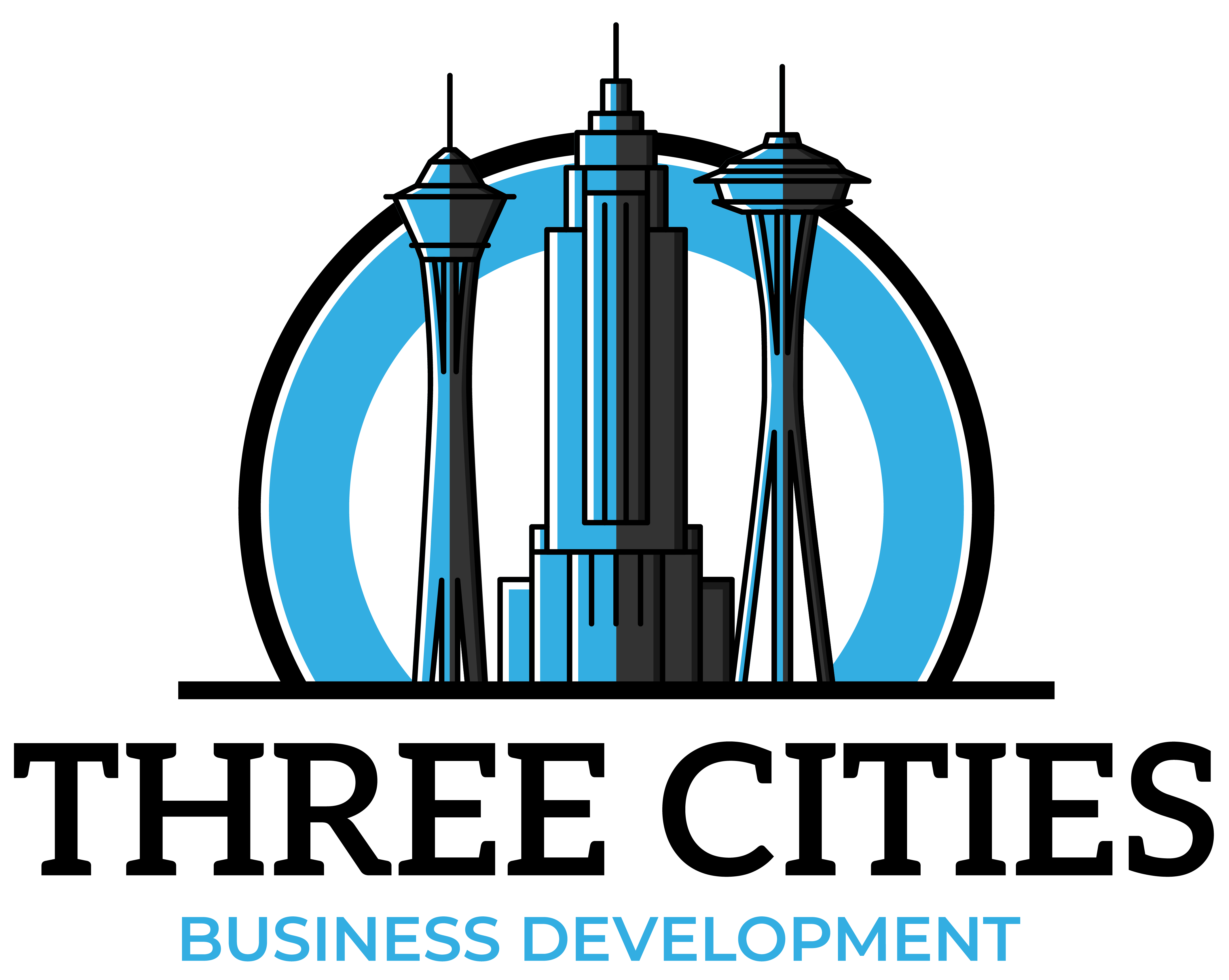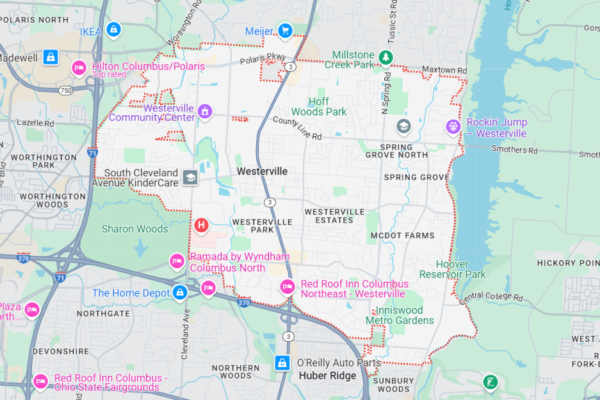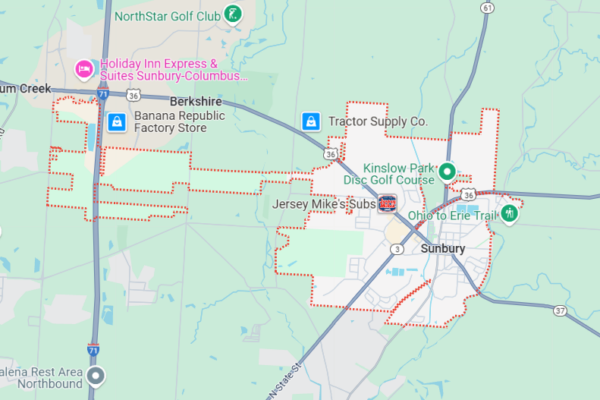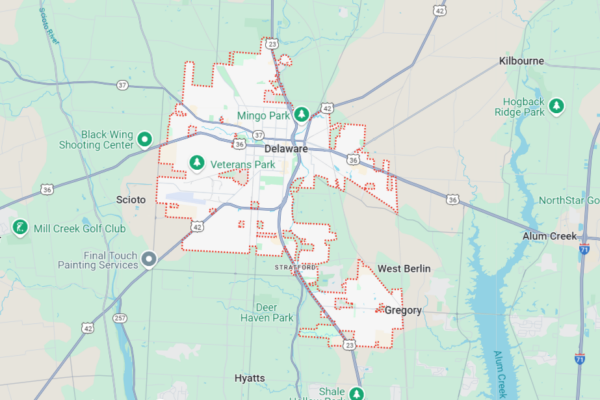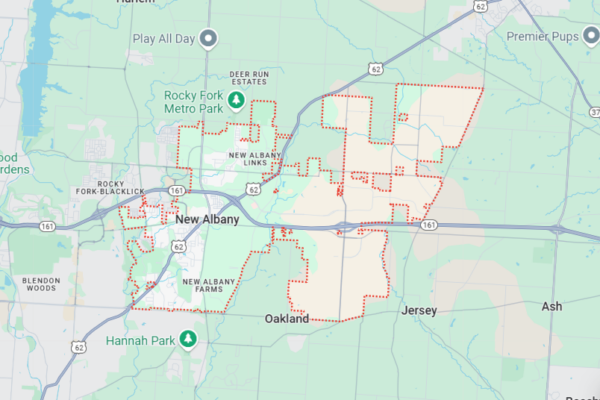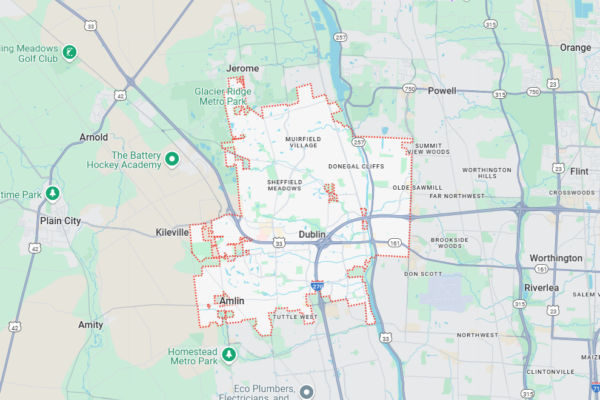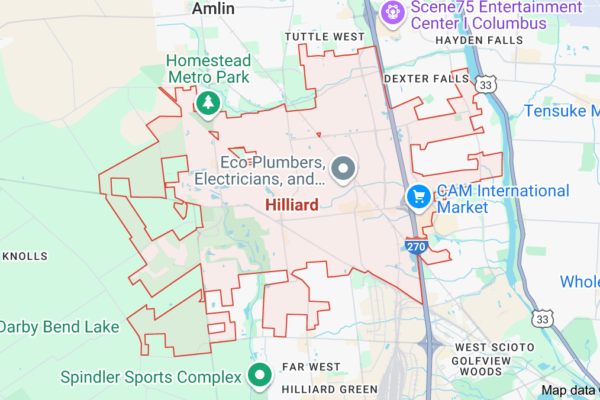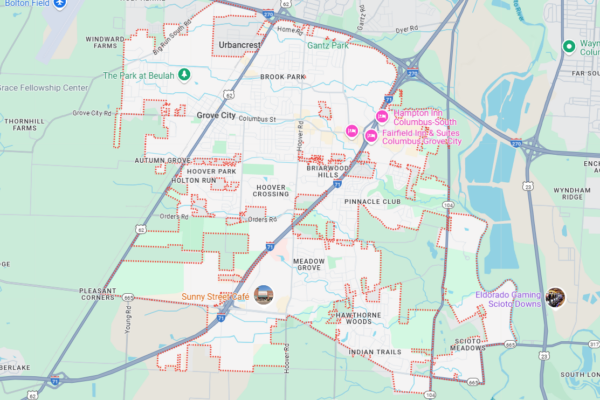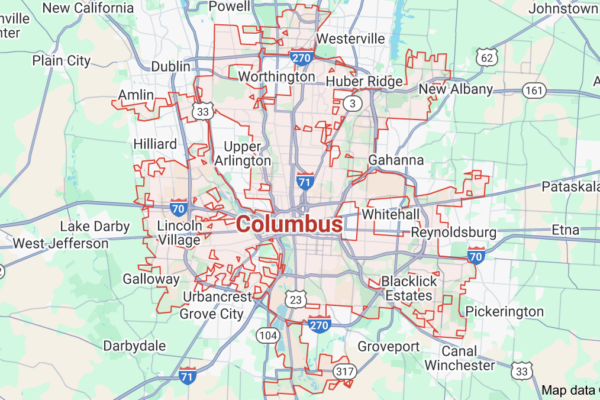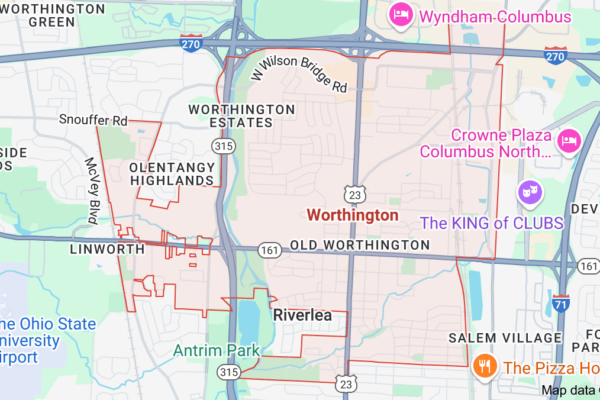In today’s sales landscape, emotional intelligence is no longer a bonus but a requirement. Traditional models of high-pressure sales tactics are being replaced by human-first approaches that prioritize connection, understanding, and mutual value. These careers in people-first sales appeal to professionals who want more than just a job; they want a mission rooted in empathy and growth.
For those just starting out or transitioning into a new career path, people-first sales roles offer not only the chance to learn valuable interpersonal skills but also the opportunity to grow with hands-on experience that directly contributes to business success.
The Heart of People-First Selling
People-first sales isn’t about pushing products. It’s about listening, responding, and building relationships that last. These roles involve meeting people where they are, uncovering their needs, and guiding them toward meaningful solutions.
This style of engagement benefits both the customer and the company. Customers feel heard and respected, while businesses enjoy higher retention rates, stronger referrals, and a better reputation. Empathy becomes the competitive advantage.
People-first sales professionals focus on:
- Listening actively to customer pain points
- Offering solutions, not just features
- Building trust through honesty and responsiveness
- Remaining present during each interaction
This approach is especially impactful in residential and territory-based markets, where customers are more likely to engage with representatives who take the time to understand them.
Why This Path Appeals to Today’s Job Seekers
Younger professionals increasingly seek roles with purpose. They want to know their work matters, not just to their employer, but to the people they interact with daily. People-first sales careers check all those boxes.
Whether working in B2C settings or representing recognized service providers, the ability to connect with others becomes the true measure of success. Add to this the flexibility, career mobility, and supportive training programs common in these environments, and it’s easy to see why people-first sales is gaining traction as a desirable path.
These roles often offer:
- Clear performance-based advancement tracks
- Flexible schedules and territory assignments
- Peer support and mentorship programs
- Frequent training in communication and leadership
- A tangible sense of impact in the community
Foundations for Long-Term Success
A career rooted in empathy still requires structure. To help new professionals thrive, effective organizations offer client-focused sales training that blends product knowledge with people skills. This ensures that team members aren’t just selling—they’re helping customers make informed decisions.
These training programs often include:
- Role-play exercises to develop confidence in conversation
- Field coaching to practice real-world scenarios
- Instruction on reading non-verbal cues and emotional signals
- Frameworks for uncovering customer needs
- Ethics and trust-building strategies
This combination of soft skills and technical training helps individuals build a strong foundation for a lasting, successful career.
Growth Opportunities in Empathy-Led Sales
People-first sales roles aren’t dead ends but launchpads. Many companies that embrace this approach offer internal leadership development tracks, providing employees with the tools and responsibilities to move up quickly.
By mastering customer engagement, sales representatives can evolve into team leads, trainers, or market managers. In many cases, this growth happens faster than in traditional corporate structures because it’s tied to performance, not tenure.
Common paths for advancement include:
- Sales Representative → Team Lead
- Team Lead → Assistant Manager
- Assistant Manager → Territory Manager
- Manager → Market Director
What sets these transitions apart is that they’re fueled by real-world performance and mentorship, not corporate red tape.
A Day in the Life of a People-First Sales Professional
While no two days are exactly the same, there are common threads in this line of work. Most professionals start their day with a team huddle to review performance, share stories from the field, and prepare for customer interactions. Then, they head out into assigned areas, usually pre-qualified residential or local territories.
Instead of cold, impersonal pitches, they engage with customers one-on-one, listen for clues about what’s important to them, and present relevant service options in a relaxed and personal way. They track feedback, follow up with interested leads, and regroup with the team at the end of the day to review what worked.
It’s collaborative. It’s flexible. And most importantly, it’s rewarding.
What Makes Someone a Good Fit?
Success in people-first sales depends more on attitude than background. While experience helps, it’s not a requirement. Empathy, curiosity, and communication go much further.
Those most likely to thrive in these roles:
- Enjoy talking with people
- Are motivated by helping others
- Take feedback well and adapt quickly
- Want a job that keeps them active and on the move
- Are interested in leadership down the road
For individuals who don’t want to be stuck behind a desk and enjoy the satisfaction of making someone’s day better, this career path is a natural fit.
Where You’ll Find These Roles
People-first sales positions are growing in industries that rely on trusted customer relationships, like telecommunications, home services, energy, and health products. These sectors require representatives who can communicate clearly, handle questions in real-time, and ensure that customers feel confident about their choices.
The residential telecom sector, in particular, is ideal for those pursuing this career. With widespread customer needs and a direct approach to engagement, it’s a setting where empathy and clarity make a measurable difference.
Sales roles in this space might include:
- Residential Sales Associate
- Territory Field Representative
- Community Sales Agent
- Customer Solutions Specialist
Each of these roles offers opportunities to work in the field, connect with real people, and make a difference, both professionally and personally.
How Empathy Drives Measurable Outcomes
Empathy may seem intangible, but its effects are quantifiable. People-first sales teams often outperform others in key business metrics such as lead conversion, customer satisfaction, and retention.
The ability to listen, understand, and respond doesn’t just feel good; it produces real results. Customers who feel understood are more likely to commit, stay loyal, and recommend services to others. This emotional connection builds long-term success.
Teams that practice this model tend to report:
- Higher referral rates
- Reduced customer complaints
- More repeat business
- Increased employee satisfaction and retention
All of which leads to better territory coverage and healthier bottom lines.
What to Look for in a People-First Sales Company
Not every company that says it’s “people-first” truly is. Look for teams that invest in your personal and professional development and provide a clear path to advancement.
Signs that a company values this model:
- Offers training in active listening and communication
- Recognizes emotional intelligence as a strength
- Provides mentoring and one-on-one coaching
- Encourages team collaboration over competition
- Prioritizes long-term growth over quick wins
One such organization where this model is actively embraced is Three Cities Business Development. Their supportive environment, emphasis on growth, and leadership mindset make them a great example of how empathy-driven sales careers can thrive.
How to Start Your Career
For those ready to begin a career where helping others is part of the job description, people-first sales offers the perfect blend of growth and meaning. You don’t need decades of experience—just the right mindset and a willingness to learn.
Here’s how to take the first step:
- Identify companies that support high-touch, customer-driven sales models.
- Prepare your resume with examples of people skills, even from non-sales jobs.
- Be ready to speak about a time you helped someone solve a problem.
- Ask about the company’s training program and mentorship opportunities.
- Applying with confidence, as empathy is a powerful skill.
The Next Step in Your Career
Careers in people-first sales are more than just jobs. They’re opportunities to make real connections and grow into strong, purpose-driven professionals. With the right training and the right mindset, new hires can move quickly from entry-level to leadership while enjoying the fulfillment that comes from making a difference.
Three Cities Businesses Development continues to pave the way in this space by combining personal growth with professional results. If you’re looking for a place where your people skills are truly valued and where growth is more than just a buzzword, this might be the path for you.
Ready to turn empathy into a career advantage? Reach out to the team at Three Cities Businesses Development today and start building a future that puts people first.
